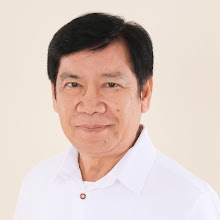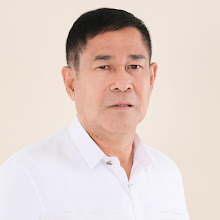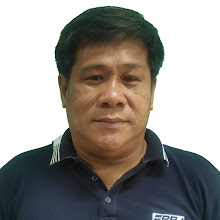

Cuyapo, Nueva Ecija, Philippines
INCUMBENT ELECTED OFFICIALS

HON. FLORIDA P. ESTEBAN, M.D.
Municipal Mayor

HON. CINDERELLA E. RAMOS
Municipal Vice Mayor

HON. KHEYO R. GINES
Sangguniang Bayan Member

HON. JERRY M. MARCOS
Sangguniang Bayan Member

HON. JOHN PAUL A. CARBONEL
Sangguniang Bayan Member

HON. EDWIN G. MAGAOAY
Sangguniang Bayan Member

HON. JAIME L. BATAC
Sangguniang Bayan Member

HON. JUNE PAUL A. MENDOZA
Sangguniang Bayan Member

HON. ROMEO R. CASTELO
Sangguniang Bayan Member

HON. VIRGILIO C. AQUINO
Sangguniang Bayan Member

HON. REYNANTE M. PARINGIT
LNB Vice President

HON. A-JAY DOMINGO
SK Federation President

Municipal Town Hall
On October 29, 1859, Cuyapo was separated from Rosales, Pangasinan and made a full-fledged town with Don Juan Pangalilingan as the first Gobernadorcillo.
Vision
Cuyapo is a premier agro-eco-tourism hub of Nueva Ecija, with God loving and empowered community, living in a well planned environment with progressive economy, governed by responsible leaders.
Mission
To effectively address the desire and needs of people by educating and empowering them through geniune public service and responsible local governance.
History of Cuyapo, Nueva Ecija, Philippines
CUYAPO comes from the Pangasinan word “kuyapo” “kiapo” or “quiapo” in Tagalog; “lul-luan” in Ilocano; (Pistia Stratiocis Linn) a water plant that looks like a flower. According to the Kulantong or Cronologia written by the late Cirilo R. Sumangil, a native of Cuyapo who for over forty years was the Parish Priest of the Philippine Independent Church of Cuyapo, said aquatic plant was so abundant particularly in a place which is now owned by the Monteros situated along Rizal Street near the Municipal Cemetery. It was at this place that lured cow tenders from Paniqui Tarlac to pasture their herds or flocks. ... Read More